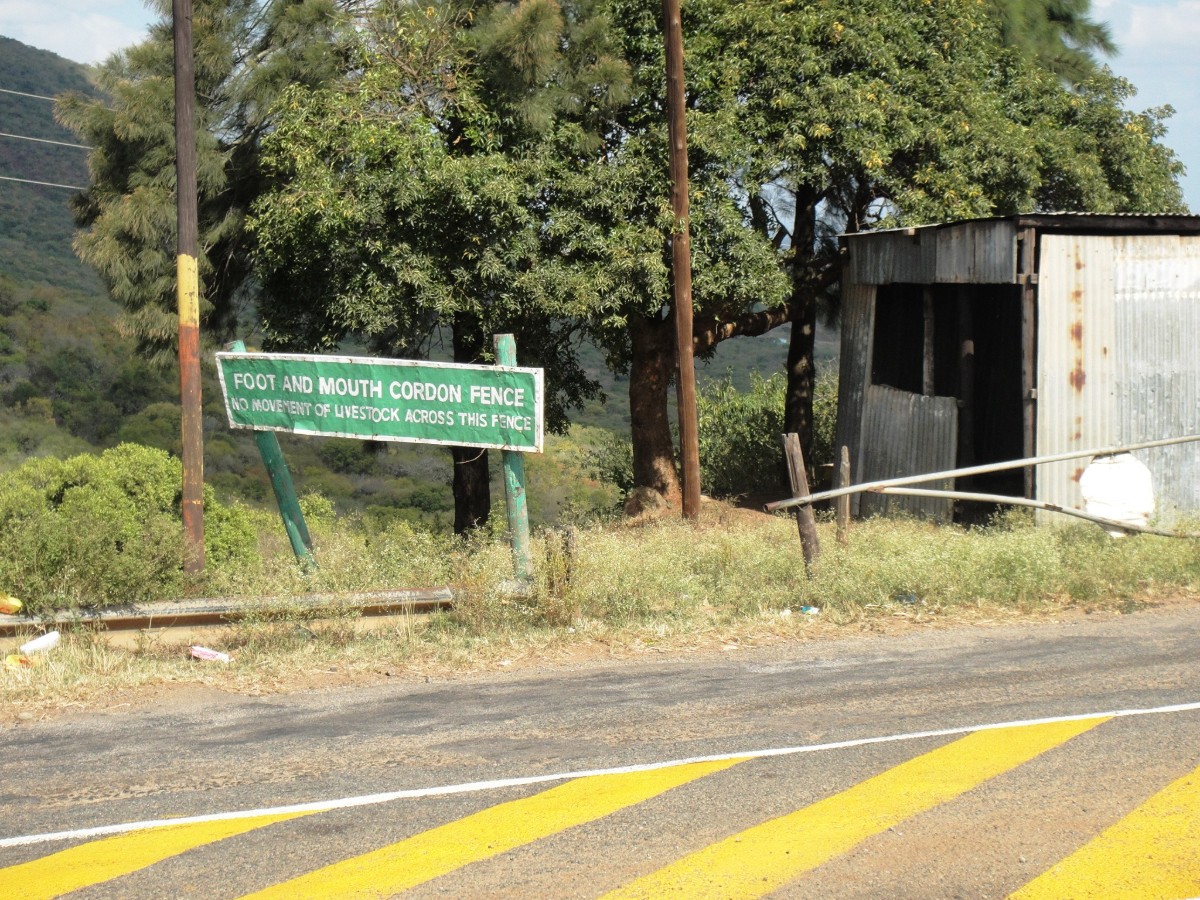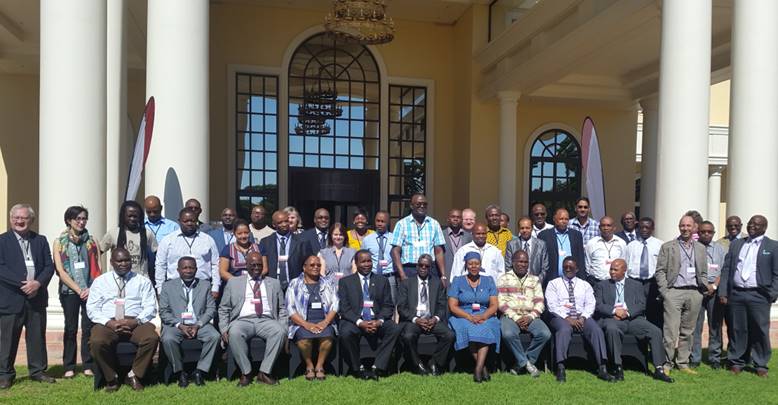The OIE has just concluded a sub-regional workshop on the OIE procedure for the official recognition of Member Countries’ disease status and for the endorsement of national official control programme with regard to foot-and-mouth disease (FMD) and peste des petits ruminants (PPR) in Gaborone, Botswana from 22 to 24 March 2016.
It was organised with financial support from the Government of Italy and logistical support from the Government of Botswana.
The workshop was attended by forty-five participants, among them ten OIE Delegates and twenty-six veterinary epidemiologists and focal points from all Southern African Development Community (SADC) member countries – namely: Angola, Botswana, Democratic Republic of Congo, Lesotho, Madagascar, Malawi, Mauritius, Mozambique, Namibia, Seychelles, South Africa, Swaziland, Tanzania, Zambia, and Zimbabwe. Resource persons came from a global pool of OIE experts and comprised of Dr Gideon Bruckner, President of OIE Scientific Commission on Animal Diseases; Dr Misheck Mulumba, member of the OIE ad hoc Group on PPR; Drs Laure Weber-Vintzel and Simona Forcella from the Scientific and Technical Department at OIE headquarters. International and regional organisations dealing with livestock, such as SADC, AU-IBAR, FAO attended as observers, as well as CIRAD and BVI.
The objectives of the workshop were :
General presentations were given on the current FMD and PPR situation and the perspective and strategies of cooperation regarding those diseases in the SADC region, and on the Standard Operating Procedures (SOPs) for official recognition of disease and for the endorsement of official control programmes. More specific presentations were given on the requirements of the Terrestrial Animal Health Code (Terrestrial Code) with regard to FMD and PPR chapters, including surveillance; zoning; as well as the questionnaires for Member Countries applying for the endorsement of official control programme and for recognition of official status.
Participants actively worked on quizzes which covered the important points from the topics presented and studied fictitious dossiers to better comprehend the information needed by the OIE to evaluate an application.
Given the epidemiology of FMD and PPR in the region as well as the current situation with regard to official recognition of these diseases status, particular emphasis was given to the requirements related to: application for PPR historical freedom; maintenance of FMD free status and on the endorsement of official control programmes for FMD and PPR.
The second day participants also had a field trip to the Botswana Vaccine Institute (BVI) where they had the opportunity to tour the vaccine manufacturing plant and the OIE Reference laboratory for FMD.
The participants were requested to self-assess their knowledge for the topics covered during the workshop, before the meeting and on its last day. The analysis of the answers showed a significant increase in the perceived knowledge of the participants with regard to the OIE procedures for the official recognition of Member Countries disease status and for the endorsement of national official control programmes.
Group picture. Picture (c) oie (2016)

